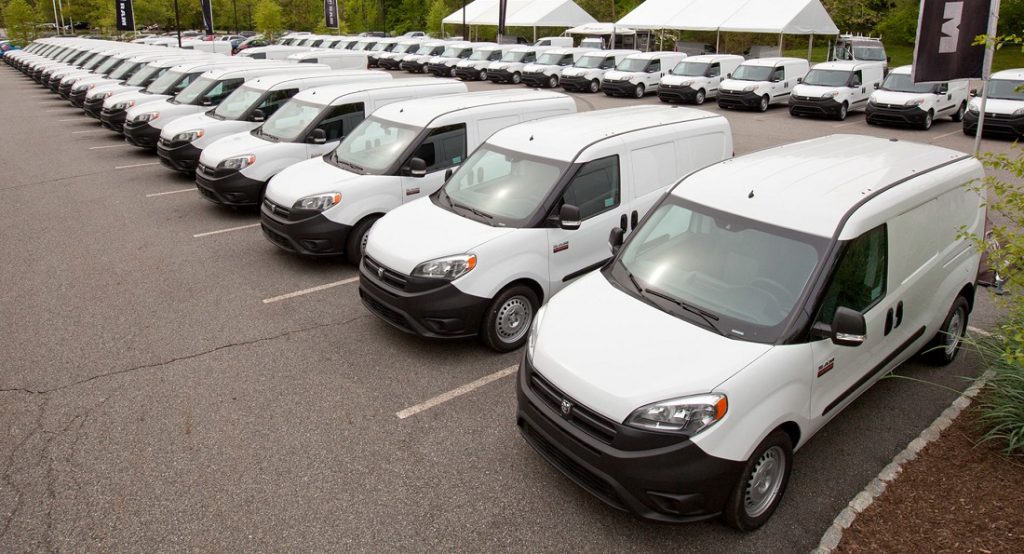There have been a handful of signs that the US economy is starting to slow down and it appears one of them is at your nearest auto dealership.
Citing data from Wards Auto, The Wall Street Journal is reporting dealerships are facing growing inventories of unsold vehicles. At the end of January, dealers were sitting on a staggering 3.95 million vehicles. That’s an increase of four percent from the previous month and a year-to-year increase of nearly three percent.
The growing inventories are starting to cause alarm as many analysts believe auto sales will fall in the United States this year. If these projections pan out, it’s possible that automakers could curtail production to bring inventories back into sync with demand.
While there’s still nearly 11 months left in the year, analysts have predicted that car sales will drop below the 17 million mark for the first time since 2014. That remains to be seen and many of the same analysts were wrong last year as they expected sales to drop in 2018. However, they were actually up slightly at 17.3 million units.
That increase could be a onetime thing as the Wall Street Journal spoke to Cox Automotive economist Jonathan Smoke who suggested last year’s strong sales were due, in part, to tax reforms. As he explained, a number of companies took advantage of the tax changes to purchase new vehicles. This means they’ll likely be out of the market for several years as these new vehicles won’t need to be replaced anytime soon.
That isn’t the only thing working against car sales as interest rates are raising and so is the average price of a new vehicle. Last summer, the average new car loan hit a record of $31,455 while the average price of a new vehicle topped $36,000.
Those are some significant headwinds for the market and they come at a time when automakers are looking to reduce incentives for buyers. If the inventories continue to climb, automakers might have to up their spending to clear out dealer lots.
The news isn’t all bad, from a business perspective at least, as a number of automakers are adjusting their lineups to better match consumer demand for trucks and crossovers. This has led both Ford and General Motors to announce plans to eliminate a number of sedans in North America.






